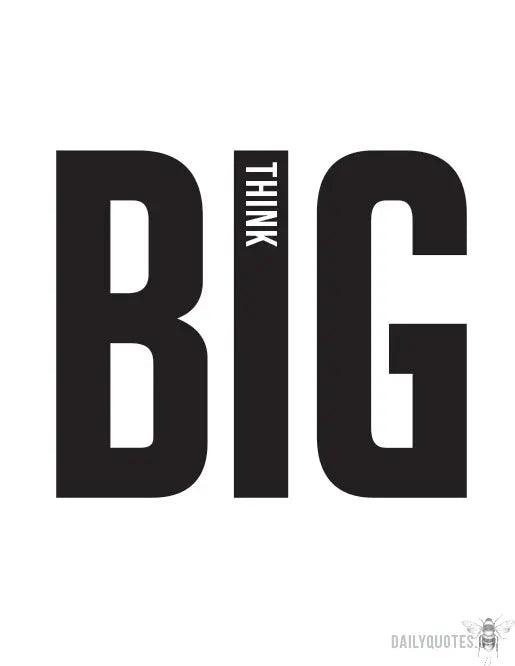
Thinking Small vs Thinking Big: Considerations for Quilting and Crafting Business Owners
When starting a quilting or crafting business, it's important to consider your approach and determine whether you want to start small or think big. Both approaches have their advantages and disadvantages, and the right approach for you will depend on a variety of factors, including your personal goals, skills, resources, and market opportunities.
Thinking Small:
Pros:
-
Lower risk: Starting with a smaller, simpler project can reduce your risk and allow you to test the waters before committing to a larger project. This approach can help you build momentum and refine your skills before scaling up.
-
Lower costs: Starting small typically requires fewer resources and less investment, making it a good option for those with limited funds or who prefer to grow their business gradually.
-
More control: With a smaller project, you have more control over the outcome and can make adjustments as needed. This can help build your confidence and give you a sense of accomplishment as you learn and grow your business.
Cons:
-
Limited growth potential: Starting small can limit your potential for growth and prevent you from reaching your full potential as a quilting or crafting business owner.
-
Slower progress: A smaller project may not generate the same level of results or impact as a larger project, which can be discouraging and slow down your progress.
Thinking Big:
Pros:
-
High potential for growth: Taking a bold, ambitious approach can lead to significant growth and impact for your quilting or crafting business. This can help you reach your full potential and make a big impact on your target audience.
-
Faster progress: By thinking big, you can achieve your goals more quickly and reach your desired outcome in a shorter amount of time.
-
Greater impact: Taking a big approach can have a greater impact on your target audience and allow you to make a difference in a more significant way.
Cons:
-
Higher risk: Thinking big often involves taking on a larger, more complex project, which can be riskier and more challenging. There is a greater risk of failure, which can be costly and damaging to your reputation.
-
Higher costs: Thinking big typically requires more resources and investment, which can be difficult for those with limited funds or who prefer to grow their business gradually.
-
Less control: With a large project, you may have less control over the outcome and may need to rely on others to help you achieve your goals.
In conclusion, whether you choose to think small or big as a quilting or crafting business owner, it's important to consider your personal goals, skills, resources, and market opportunities. The most important thing is to take action and start pursuing your goals, no matter how big or small they may be.
Comments
Check out comments or add a new one.